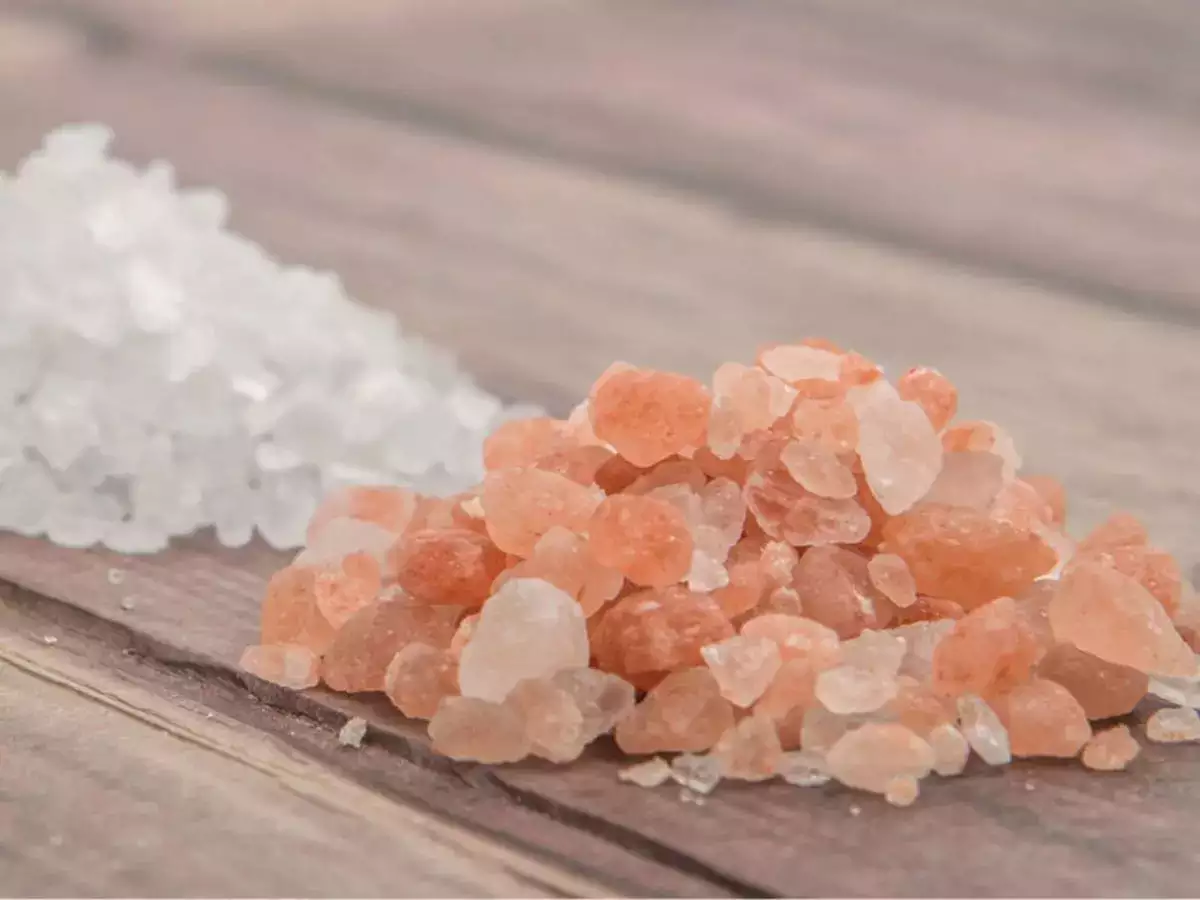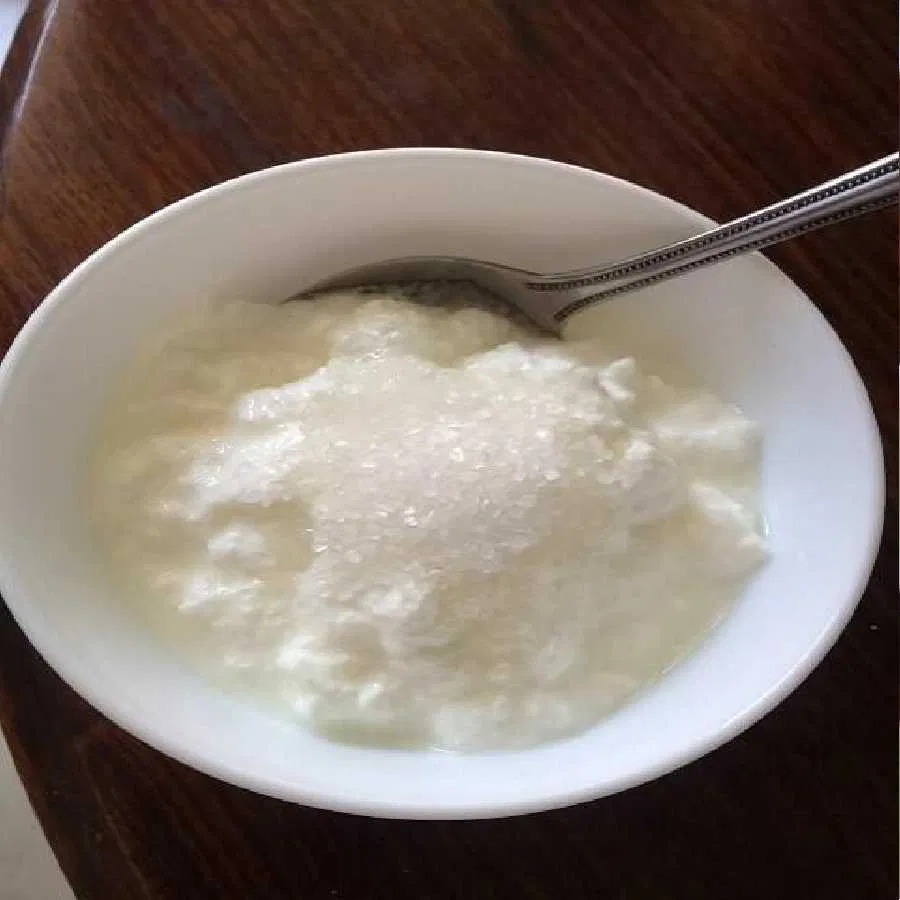Potassium-Enriched Salt: A Step Toward Better Health
- ByPrachi Arora
- 30 Jan, 2025
- 0 Comments
- 3

The World Health Organization (WHO) has recommended using potassium-enriched salt substitutes as a healthier alternative to traditional table salt. This initiative aims to tackle the growing prevalence of hypertension and cardiovascular diseases, particularly in regions with high sodium intake, such as India. The George Institute for Global Health India has strongly endorsed this recommendation, emphasizing its potential to significantly improve public health.
A study conducted by the institute, in collaboration with PGIMER Chandigarh, highlights a concerning dietary trend in India—excessive salt consumption combined with insufficient potassium intake. These factors contribute to serious health conditions, including hypertension, cardiovascular disease, and chronic kidney disorders. The research is part of a broader effort to assess the impact of dietary habits on non-communicable diseases (NCDs) in the country.
Professor Vivekanand Jha, Executive Director at The George Institute, emphasized the importance of making potassium-enriched, low-sodium salts both affordable and widely available. He urged collaboration between policymakers, the food industry, and public health advocates to ensure accessibility through subsidies, clear labeling, and awareness campaigns. Additionally, he stressed the need for further research to confirm the safety of these substitutes for individuals with kidney conditions.
The Salt Substitute in India Study (SSiIS) explored the impact of these alternatives on hypertensive patients in rural India. Findings from 502 participants showed that replacing regular salt with potassium-enriched versions led to notable reductions in systolic (4.6 mmHg) and diastolic (1.1 mmHg) blood pressure. Participants also reported that the substitutes maintained an acceptable taste and were easy to incorporate into daily diets.
Experts believe that encouraging the use of these healthier salt alternatives can play a crucial role in reducing the burden of heart disease. However, individuals with advanced kidney disease should consult medical professionals before making dietary changes. As awareness grows, efforts continue to integrate these substitutes into public health policies and dietary guidelines, ensuring a healthier future for millions.
Post a comment
Why stopping Vaccines could lead to a Worldwide health disaster!
- 30 Apr, 2025
- 2
Beat the heat with these 7 protein-packed curd lunches
- 17 Apr, 2025
- 3
Guilt-Free Christmas Delights to Savor This Year
- 10 Dec, 2024
- 5
Want to look young? Drink this every morning!
- 30 Apr, 2025
- 2
Could Mothers' X Chromosomes Affect Brain Health?
- 24 Jan, 2025
- 3
Categories
Recent News
Daily Newsletter
Get all the top stories from Blogs to keep track.

















